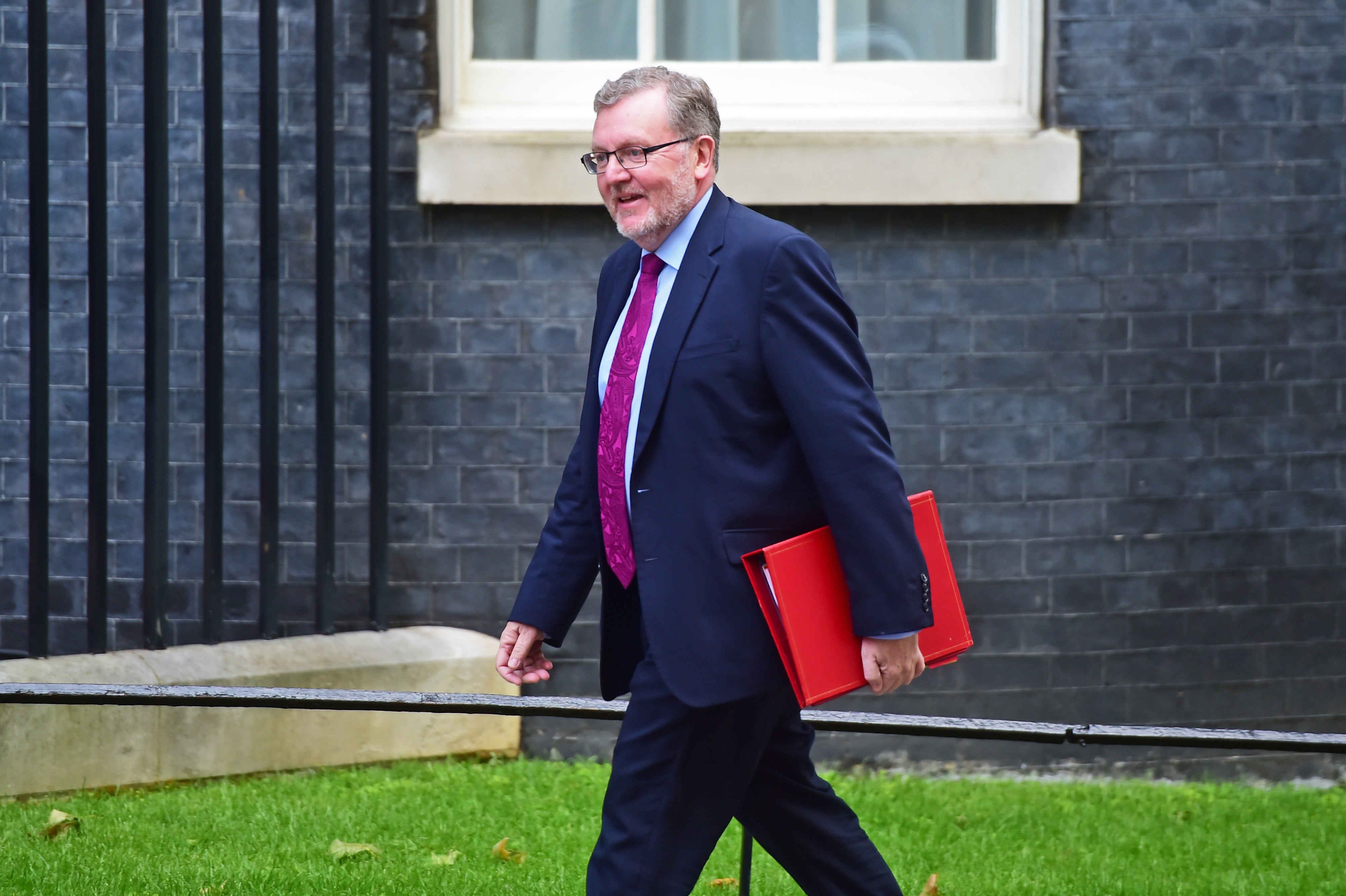Farmers should grow cannabis to boost income, Tory MP says
Medicinal cannabis was legalised in 2018 by Sir Sajid Javid

Your support helps us to tell the story
From reproductive rights to climate change to Big Tech, The Independent is on the ground when the story is developing. Whether it's investigating the financials of Elon Musk's pro-Trump PAC or producing our latest documentary, 'The A Word', which shines a light on the American women fighting for reproductive rights, we know how important it is to parse out the facts from the messaging.
At such a critical moment in US history, we need reporters on the ground. Your donation allows us to keep sending journalists to speak to both sides of the story.
The Independent is trusted by Americans across the entire political spectrum. And unlike many other quality news outlets, we choose not to lock Americans out of our reporting and analysis with paywalls. We believe quality journalism should be available to everyone, paid for by those who can afford it.
Your support makes all the difference.Farmers should grow cannabis to increase their income, an MP has said.
A “progressive approach” to medicinal cannabis could increase British farmers’ incomes, a Conservative former minister has argued.
David Mundell, MP for Dumfriesshire, Clydesdale and Tweeddale, said the medicinal cannabis sector could create tens of thousands of jobs in rural areas.
“This is an industry that is there and ready to grow, ready to create wealth and jobs, and particularly in some of the most difficult rural environments in the UK,” he told Parliament.
Medicinal cannabis was legalised in 2018 by Sir Sajid Javid, then home secretary, to allow it to be prescribed by specialist doctors for certain conditions.
Mr Mundell said that Hilltop Leaf, a private medicinal cannabis cultivation and extraction business in his constituency, stands in stark contrast to the “damp, tinfoil-wrapped rooms of illegal production”.

He claimed the sector “could potentially bring more than £1 billion to the UK economy”, during a Westminster Hall debate on medicinal cannabis.
Speaking on Thursday, Mr Mundell put forward the “economic case for medical cannabis”, adding that “a more progressive approach” could make a difference to the economies of rural constituencies.
He said: “The nascent cannabis sector at its core is horticultural in character, and is situated in rural and agricultural communities like the one I represent.
“In my own constituency, I see Hilltop Leaf develop growing and processing facilities, pristine, and equipped with high-tech quantum sensors, microscopes, or leaf barometers. It’s a stark contrast to the damp, tinfoil-wrapped rooms of illegal production.”

Mr Mundell added: “It is all the more important I think in that context that we see the industry, and a modern, progressive industry, as a step forward. And so, it’s an investment in my constituency that I’m enormously supportive of.
“And I particularly hope that the good horticultural, administrative, managerial and logistic jobs which will anchor young people in the constituency will flow from it, because they all too often feel the need to leave these communities for the want of opportunities.
“The facilities at Hilltop should also be able to provide some 10% of the UK’s medical cannabis needs, I have hopes of course that Hilltop can go further still because the medical cannabis sector could potentially bring more than £1 billion to the UK economy.”
He said: “This is an industry that is there and ready to grow, ready to create wealth and jobs, and particularly in some of the most difficult rural environments in the UK.
“It’s been estimated that tens of thousands of good-quality jobs could be created if the UK’s regulatory, legal and medical frameworks were in line with norms elsewhere, but sadly byzantine rules on proscribing and overlapping onerous regulations are holding the sector back.”
Mr Mundell added: “(CBD) is readily available to purchase on the high street, so much so that the CBD market in the UK is the second largest globally.
“However, hemp licensing laws means that the flowers and leaves where CBD is found must be destroyed, overseas imports then fulfil the needs of the domestic CBD market and British supply chains do not benefit.
“Growers necessarily have to forsake the opportunity to yield a crop £10,000 per acre, compared to £400 for wheat, because of this approach. At a time when rural Britain is struggling, such yields would bring a real boon and income in to the pockets of farmers.”
Earlier in the debate, DUP MP Jim Shannon argued those who suffer with chronic conditions such as Parkinson’s disease, attention-deficit hyperactivity disorder (ADHD), epilepsy and multiple sclerosis (MS) should have greater access to medicinal cannabis.
The Strangford MP said: “Since it was made legal, only five – this is the issue – only five patients have been proscribed medicinal cannabis on the NHS.”
Health minister Karin Smyth said: “If we are to see more cannabis-based medicines routinely available on the NHS, we do need more research.
“The National Institute for Health and Care Research, also known as the NIHR, and the NHRA (National Health Reform Agreement), are there to support manufacturers and researchers to develop new medicines and design quality studies.
“So I strongly encourage the manufacturers of these products to invest in research, to prove they are safe and effective, and meet the rigorous standards we rightly expect for all medicines.”